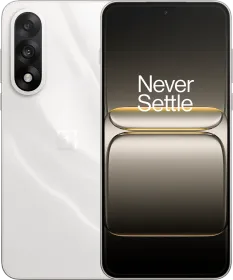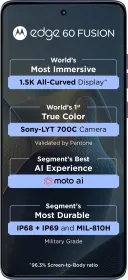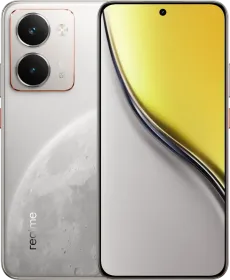TL: DR
- A report from a South Korean publication, SEDaily, via SamMobile, suggests that the Samsung smart glasses might go official by the end of 2026.
- Those who’ve used the Meta AI Glasses already know about the use cases, and the same should apply to the Samsung smart glasses.
- Interestingly, Samsung will not use Google’s Android platform (or any other especially developed platform) for its smart glasses. Instead, the company is working on its own software ecosystem, which will help it introduce an independent product lineup.
Following the launch of its first mixed-reality (MR) headset later this year, the Korean tech giant Samsung will turn its attention toward releasing a Meta AI glasses rival, its first display-less smart glasses. While the company is developing its MR headset in collaboration with Google and Qualcomm, the smart glasses might be a standalone product that uses Samsung’s proprietary system.
Also Read: Exclusive: vivo T4 Pro Design and Key Specs Revealed Ahead of Launch
Samsung Smart Glasses To Offer Similar Functionality As Meta AI Glasses
Design
A report from a South Korean publication, SEDaily, via SamMobile, suggests that the Samsung smart glasses might go official by the end of 2026. Regarding its design, the glasses will lack any integrated display and, instead, follow the footsteps of the popular Meta AI Glasses. They’ll get a built-in camera, microphone, and speaker, and will act as a momentary replacement for smartphones.
Use Cases
Those who’ve used the Meta AI Glasses already know about the use cases, and the same should apply to the Samsung smart glasses. You should be able to capture first-person pictures or videos, send an image to Samsung’s AI of choice and gather more information about it, and pair the glasses with Samsung smartphones for receiving alerts and answering calls via Bluetooth.
Also Read: One UI 8 Beta Rolling Out To More Users In Korea & UK, Indian Users To Get Beta Update Soon
Software
Interestingly, Samsung will not use Google’s Android platform (or any other especially developed platform) for its smart glasses. Instead, the company is working on its own software ecosystem, which will help it introduce an independent product lineup.
While this approach is a bit different from what Samsung follows for its smartphones and wearable devices (as both use Google’s operating system, and, in the case of the latter, Samsung helps co-develop Wear OS every year), I understand how the company might not want to share its leadership in the smart glasses segment with any other company.
Expected Price
The information about the price of Samsung’s smart glasses is scarce, but if we take the Meta AI Glasses as a reference, they currently retail from $299 or Rs. 29,900 for the most affordable model. In my opinion, the Korean giant will place its smart glasses at a similar price point, as anything higher would only boost the sales for Meta.
Also Read: Oppo K13 Turbo Pro vs. Poco F7: Which Snapdragon 8s Gen 4 Handset Should You Get?
What’s Next For The Market Leader, Meta?
It’s worth mentioning here that Meta is already working on its next-generation smart glasses with an integrated AR display. They’re called Meta Orion, and they could arrive sometime in 2027, or perhaps later, depending on the company’s plans to reduce the manufacturing cost. Even so, Samsung has around two years to establish itself in the market.
You can follow Smartprix on Twitter, Facebook, Instagram, and Google News. Visit smartprix.com for the latest tech and auto news, reviews, and guides.

































